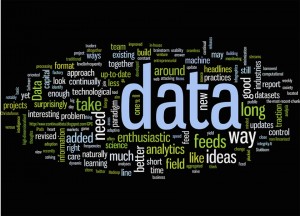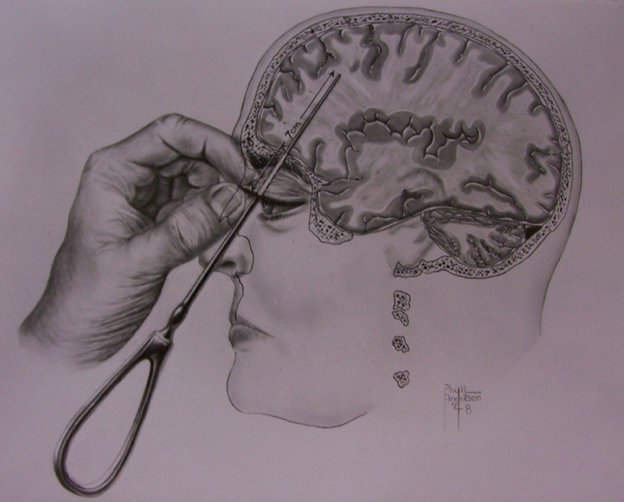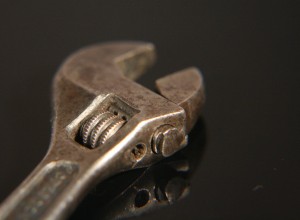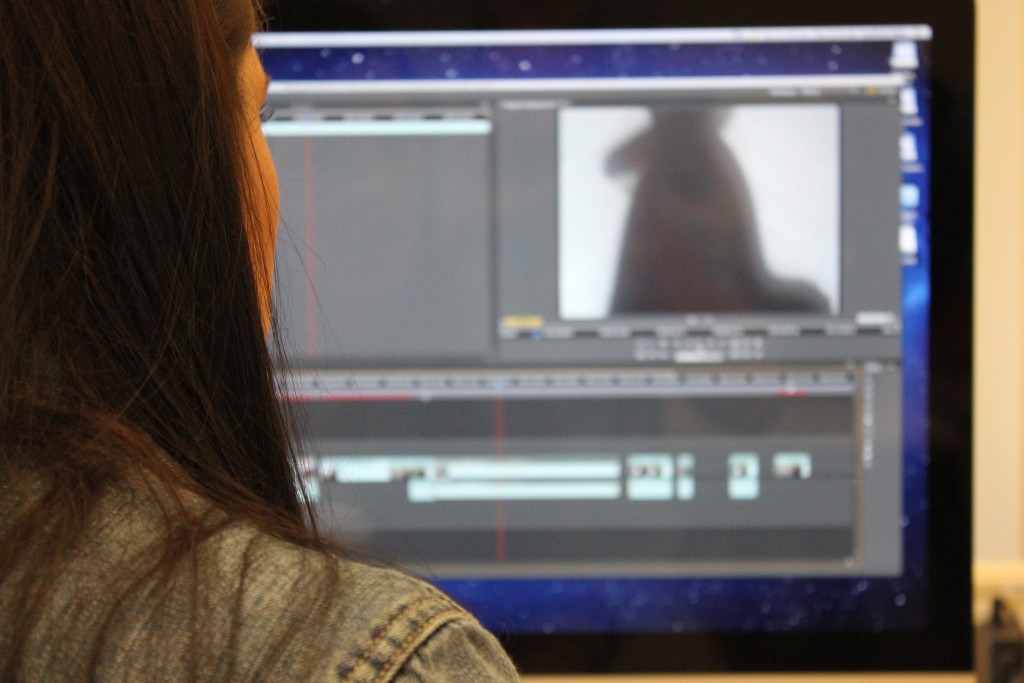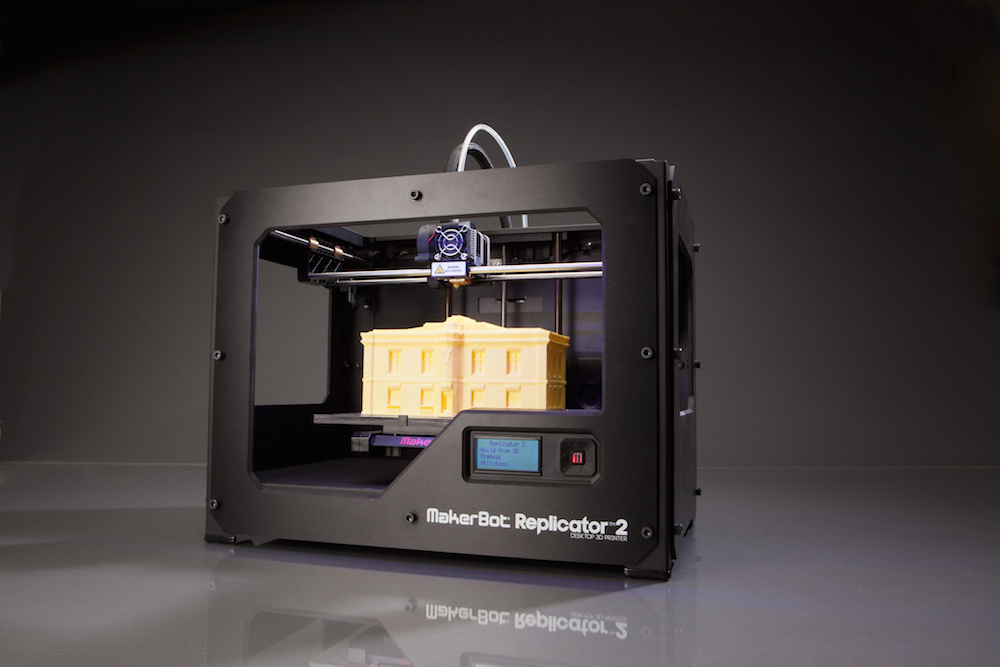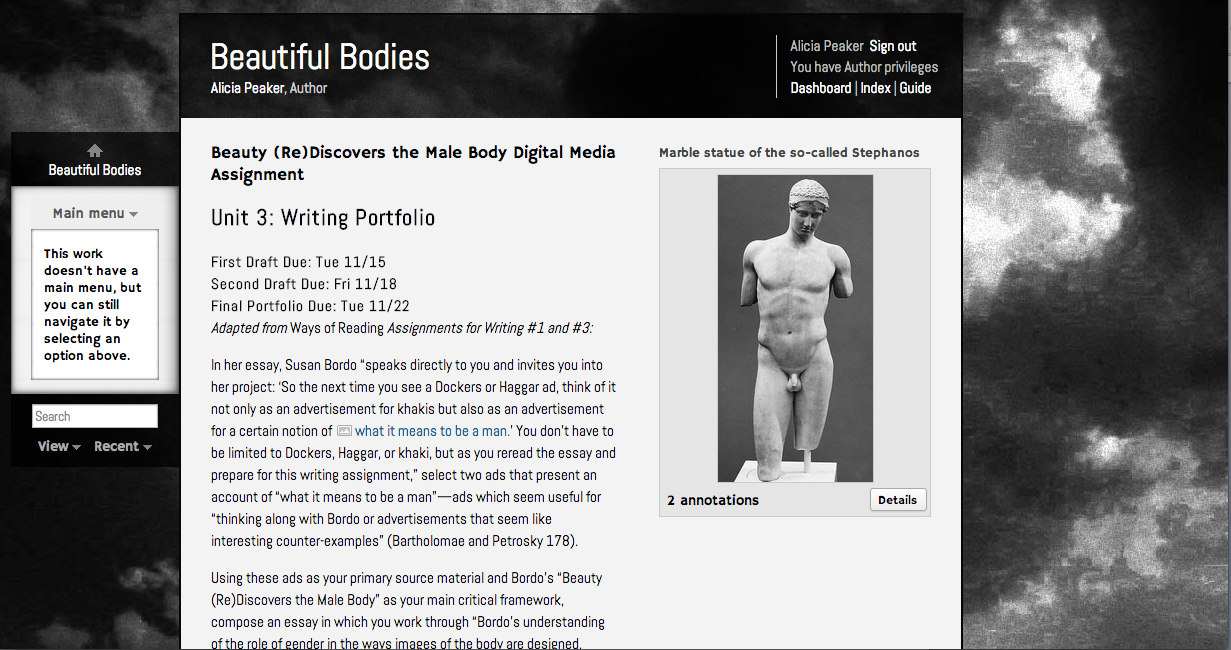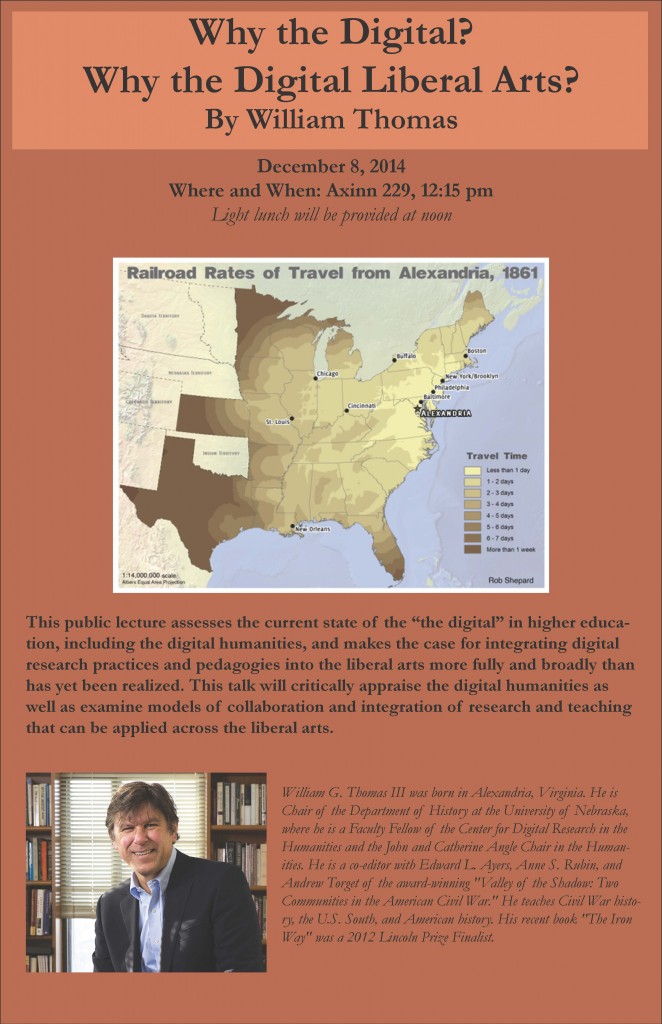May 11th, 2015, 3:00 P.M – 4:30 P.M.
LIB 201
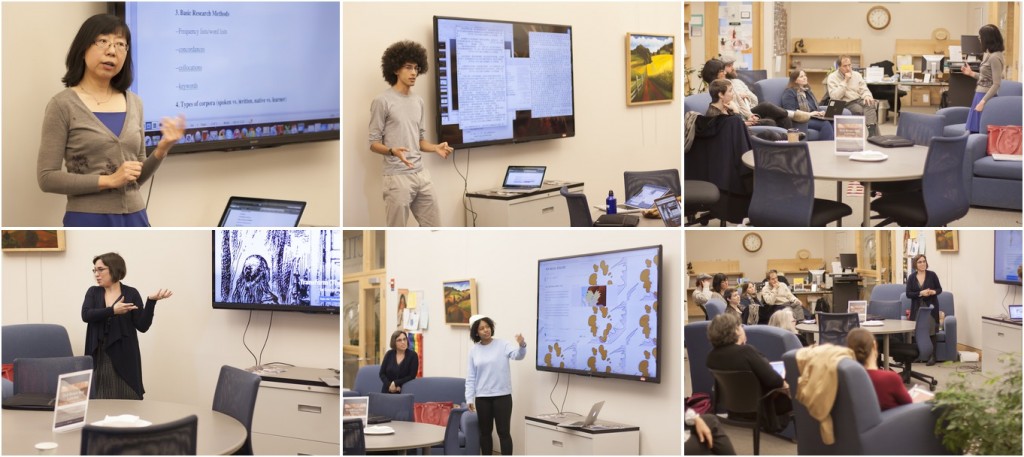
Please join us in celebrating the work of the DLA’s first cohort of faculty fellows Hang Du (Chinese) and Louisa Stein (FMC). Professors Du and Stein will share the results of their fellowship and discuss the ways that digital methods and tools have informed and shaped their research.
“Analyzing Learner Speech with a Computer: Digital Approaches to Second Language Acquisition Research”
In this talk Hang Du will briefly explain what corpus linguistics is, share her experience building learner corpora based on her study abroad research, present some preliminary findings of the analyses of the data, and argue for the usefulness of this research paradigm.
“Curating Transformative Culture.”
In this talk, Louisa Stein will discuss her use of Scalar to create an evolving digital book that maps out the creative range of transformative culture online, including remix video, vlog style literary adaptations, fashion and cosplay, and online crafting.
Refreshments will be served. Please RSVP below.
A recording of the event is available below:
